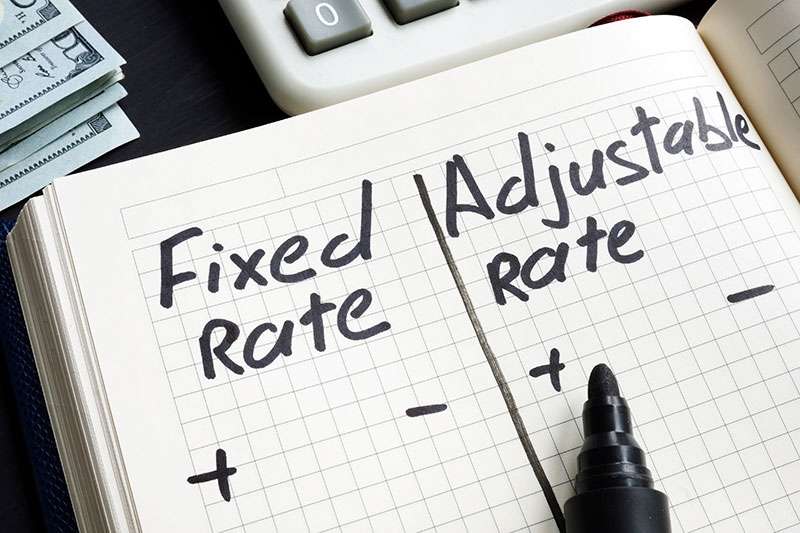
The recent Euro 2024 final was a heartbreaker for England fans. The team’s valiant efforts were just shy of clinching victory, and the aftermath has seen Gareth Southgate stepping down as manager.
In the world of football, as in finance, change is sometimes necessary. Whether it’s shifting tactics on the field or re-evaluating financial commitments, making a strategic change can lead to better outcomes. If you’re considering your financial options, perhaps it’s time to look into commercial mortgage rates and see if a change is needed.
Reflecting on Performance
Much like a football team needs to assess its performance after each match, businesses should regularly review their financial strategies. Commercial mortgage rates can fluctuate based on various factors, and what might have been a good deal a few years ago could now be costing you more than necessary. Just as Southgate evaluated his squad and tactics, it’s crucial to assess whether your current mortgage deal is still the best fit for your business.
Understanding Commercial Mortgage Rates
Commercial mortgage rates are the interest rates applied to loans secured against commercial property. These rates can vary significantly based on the type of property, the loan amount, the lender’s criteria, and the financial health of your business. Staying informed about current rates and understanding how they impact your repayments is essential for making sound financial decisions.
Why Re-Evaluate Your Mortgage
- Market Changes: The financial market is dynamic. Rates that were competitive a few years ago might now be higher compared to new offers. Regularly checking commercial mortgage rates can help you take advantage of more favourable conditions.
- Financial Health: Your business might be in a better financial position now than when you first secured your mortgage. Improved credit scores and financial stability can qualify you for lower rates, reducing your monthly payments and overall interest costs.
- Lender Comparison: Not all lenders are created equal. Just as teams change managers to bring fresh perspectives, switching lenders can provide better terms. VIBE can help you compare offers and find a deal that suits your current needs.
Making the Change
Assess Your Current Mortgage
Start by reviewing the details of your existing mortgage. Note the interest rate, term, and any penalties for early repayment. This information will provide a benchmark for comparing new offers.
Shop Around for Better Rates
Don’t settle for the first offer you receive. Use VIBE’s resources to shop around and compare commercial mortgage rates from different lenders. Our tools can help you see how even a small change in rate can lead to significant savings.
Consult with Experts
Navigating the complexities of commercial mortgages can be challenging. Consulting with mortgage experts like those at VIBE can provide valuable insights. Our advisors can help you understand your options, negotiate better terms, and guide you through the refinancing process.
Plan for the Future
Think about your long-term business goals. Whether you plan to expand, relocate, or simply improve cash flow, securing the best mortgage rate is a crucial step. A lower rate can free up resources for other investments and opportunities.
Benefits of Re-Evaluating Your Commercial Mortgage
- Cost Savings: Lower interest rates can reduce your monthly payments and overall interest costs, freeing up capital for other business needs.
- Improved Cash Flow: With lower payments, you can improve your cash flow, making it easier to manage day-to-day expenses and invest in growth opportunities.
- Better Terms: Refinancing can also provide an opportunity to negotiate more favourable terms, such as a longer repayment period or flexible payment options.
Overview
England’s recent performance in Euro 2024 and the subsequent change in management highlight the importance of reassessment and adaptation. Similarly, it might be time to review your financial commitments and consider a change in your commercial mortgage. By staying informed about current rates, consulting with experts, and exploring new options, you can secure a deal that better suits your business’s needs.
At VIBE, we’re here to help you navigate these changes and find the best commercial mortgage rates available. Don’t leave your financial future to chance – take proactive steps today to ensure your business thrives tomorrow.
Further Reading and Resources
Please feel free to check out our Case Studies for intermediaries here and for consumers here.
Contact Us
Get in touch | Phone: 01329 277 599 | Email: [email protected]
VIBE Finance Socials
- Instagram: VIBE Finance
- Facebook: VIBE Finance
- TikTok: VIBE Finance
- LinkedIn: VIBE Finance
VIBE Mortgages & Protection Socials
- Instagram: VIBE Mortgages & Protection
- Facebook: VIBE Mortgages & Protection
- LinkedIn: VIBE Mortgages & Protection













